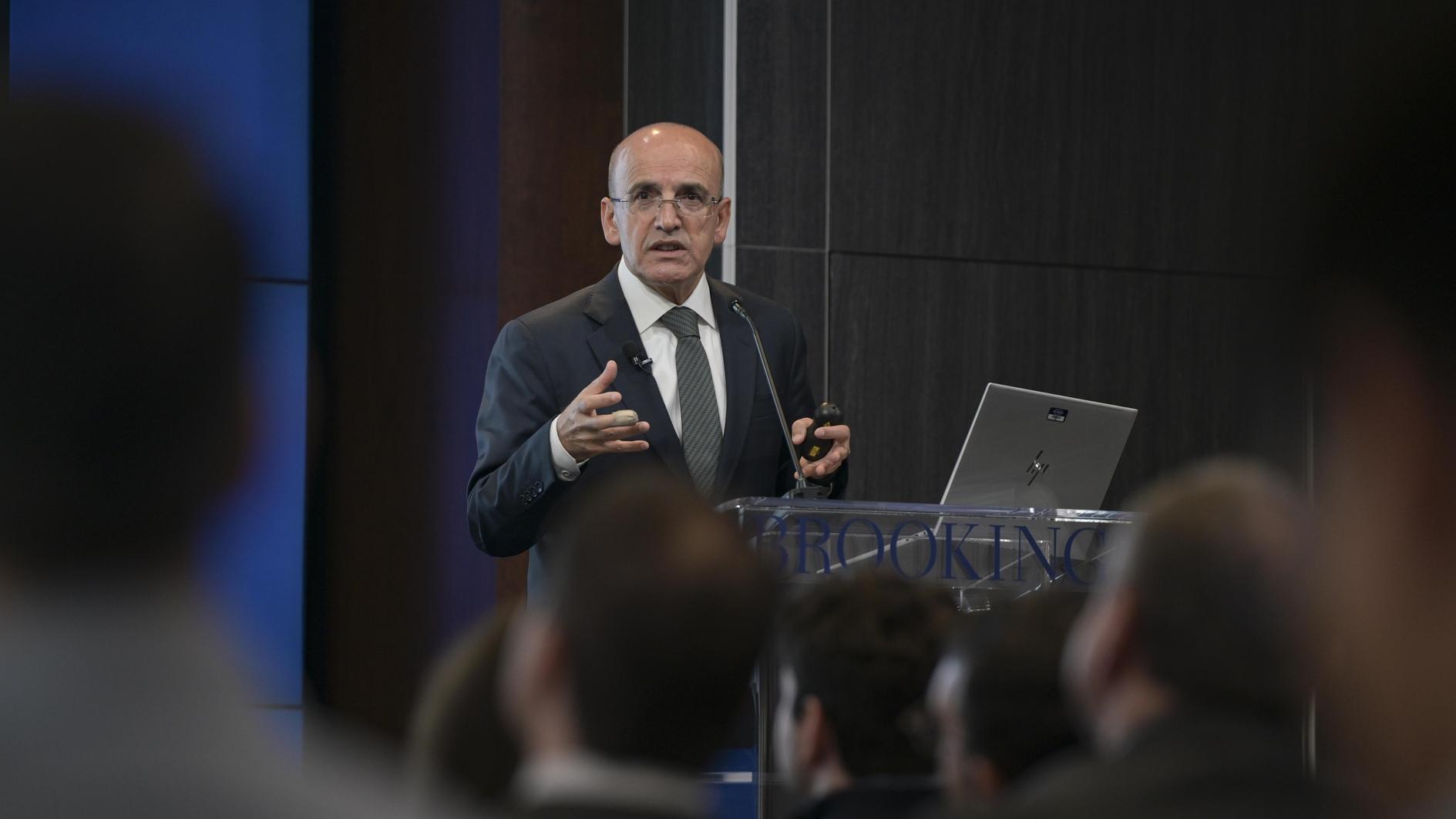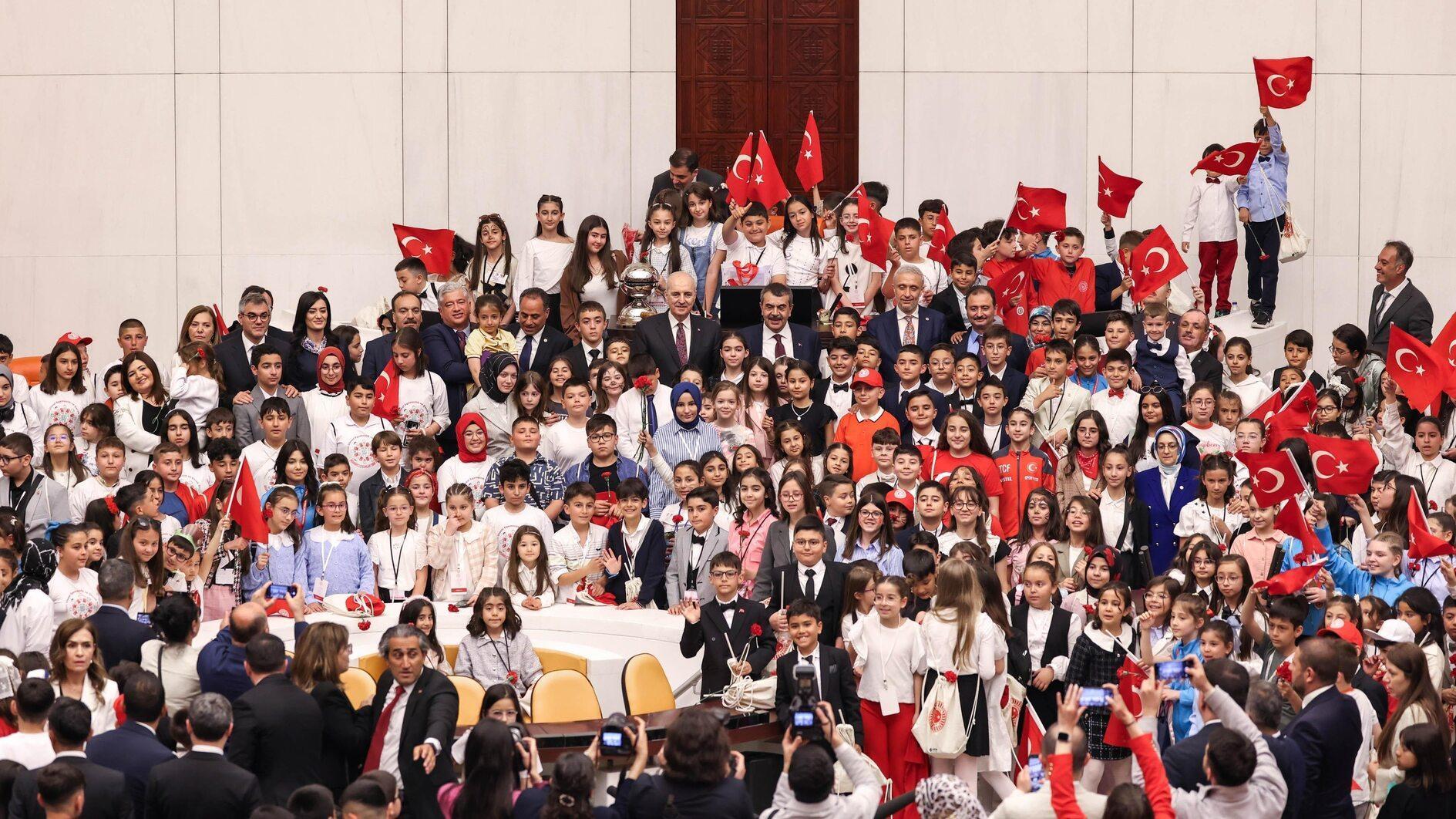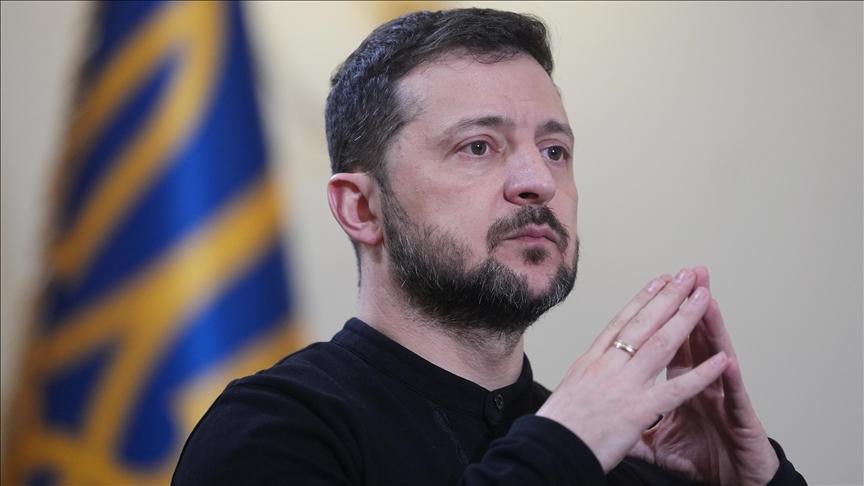Freedom of the press
The high, tall, bold, bald and ever-yelling man is fuming as always. He is yelling at the opposition leaders as well as the media, particularly that newspaper and journalist who – according to most – scored the journalistic score of many years with the “İmralı minutes” story.
He has instructed his party people, particularly parliamentarians, not to speak in public on the issue, as well as to keep their mouths firmly shut on the government’s latest Kurdish initiative. Global warming might be becoming a global concern because of the heat of the premier. His eyes turned into something like burning coal. He is so violently clenching his fists, one would think he still lives in those days when he was still at “imam hatip,” vowing in anger to take revenge on the secularists.
He was yelling on the Parliament rostrum, at a gathering of his party people, as well as probably while talking with his family, “That’s not how journalism should be done… If that’s journalism, we don’t need it… This is a plot aimed at stopping us but we shall not be deterred…”
The entire world was talking about his latest example of racist hate speech at a Vienna gathering but the Turkish media was not fooled and was still debating the leaked minutes of the meeting between the enforced life-term convict and a delegation of the parliamentary extension of the separatist gang.
Did he deliver that speech condemning Semitism as humanitarian crime for nothing? The Turkish media ought to discuss that public attention distraction effort; turn away attention from the talks with the separatist terrorist chieftain.
How could Milliyet report, with a banner headline, the story of Namık Durukan on the leaked minutes of the İmralı meeting? Did not the editor of Milliyet pledge just few weeks ago to use the “language of peace” and wholeheartedly support the “peace and togetherness project?” What will happen if the Turkish media wakes up from a deep sleep and starts asking questions again regarding the downed reconnaissance plane in Syrian airspace; or the murder by Turkish Air Force bombardment of 34 Turkish nationals on Dec. 28, 2011? How either of the two incidents happened is still a mystery for the Turkish public. The Mavi Marmara incident and the murder of nine Turkish nationals by the Israeli army was shrouded with a systematic Israel-bashing strategy, but no one explained to Turks either why deputies of the ruling party got off the Mavi Marmara at the last minute; why despite very strong signs of looming confrontation, the standoff with Israel continued, or why the ship was not ordered to be redirected to Egypt or to an Israeli port?
Thank God, some writers remembered the principle of freedom of the press and applauded the superb journalistic success of Milliyet and Durukan. It is nonsense to engage in a debate on whether Durukan reached the minutes or the minutes were provided to him or who leaked the minutes. Those are separate discussions irrelevant to the example of successful journalism.
We have to manifest, in all clarity, that it is not the business of a prime minister to yell in a bossy attitude and try to dictate what to report and not report in the media. Free press is not a right just for newspapers, TV and radio stations or newsmen, it is at the same time a requirement of the public’s right to be informed.
After all, free media is the backbone of free society and thus of “plain democracy” but in “advanced democracies,” such principles might be compromised.











